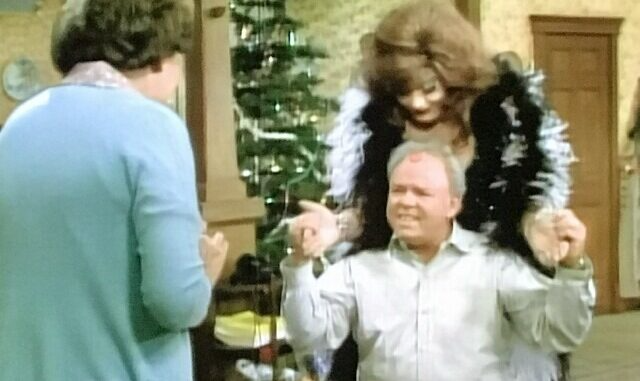
Beverly LaSalle’s final appearance on All in the Family wasn’t just shocking—it transformed the show’s legacy. Discover how one character’s tragic end challenged societal norms and changed TV forever.
How Beverly LaSalle’s Final Episode Redefined ‘All in the Family’ and TV History
In a show known for its biting humor and groundbreaking social commentary, All in the Family often walked the line between controversy and compassion. But few episodes struck a chord as deeply as Beverly LaSalle’s final appearance. Her tragic fate became a turning point not only in the series but in how television tackled sensitive issues like gender identity, violence, and prejudice.
The Power of Beverly’s Character
Beverly LaSalle, played by Lori Shannon, was one of the earliest recurring transgender characters on primetime TV. Her introduction brought an unexpected tenderness to the show, offering audiences a rare glimpse of human dignity within a group often criticized for its bigotry—especially through Archie Bunker’s reactions.
Though Archie was known for his stubborn conservatism, Beverly’s presence softened some of his edges, if only temporarily. It was a remarkable feat that a character from a marginalized community could stir emotional growth from one of TV’s most divisive figures.
A Shocking and Tragic End
In Beverly’s final episode, she becomes the victim of a hate crime, murdered simply for being who she was. The event devastates Edith, who questions the cruelty of the world and her faith in humanity. It’s one of the few episodes that focuses almost entirely on grief, injustice, and the emotional toll of intolerance.
Edith’s heartfelt breakdown resonates with viewers to this day. Her pain felt real—raw—and through it, the show transcended sitcom boundaries, leaning fully into social drama.
Breaking TV Barriers
Beverly’s storyline didn’t just deepen the show’s narrative—it made television history. In the late 1970s, LGBTQ+ representation on TV was rare and often mishandled. But Beverly’s character was treated with unusual dignity, compassion, and authenticity, making her a symbol of early LGBTQ+ visibility.
While her death was heartbreaking, it was a bold storytelling choice that forced viewers to confront real-world hate and loss.
A Legacy That Lives On
More than four decades later, Beverly LaSalle’s final episode remains one of the most discussed and impactful moments in All in the Family history. It’s a reminder that television can do more than entertain—it can open minds, start conversations, and demand change.
For many, Beverly wasn’t just a character. She was a breakthrough. And her legacy continues to inspire storytellers striving for inclusive, honest representation in media today.
